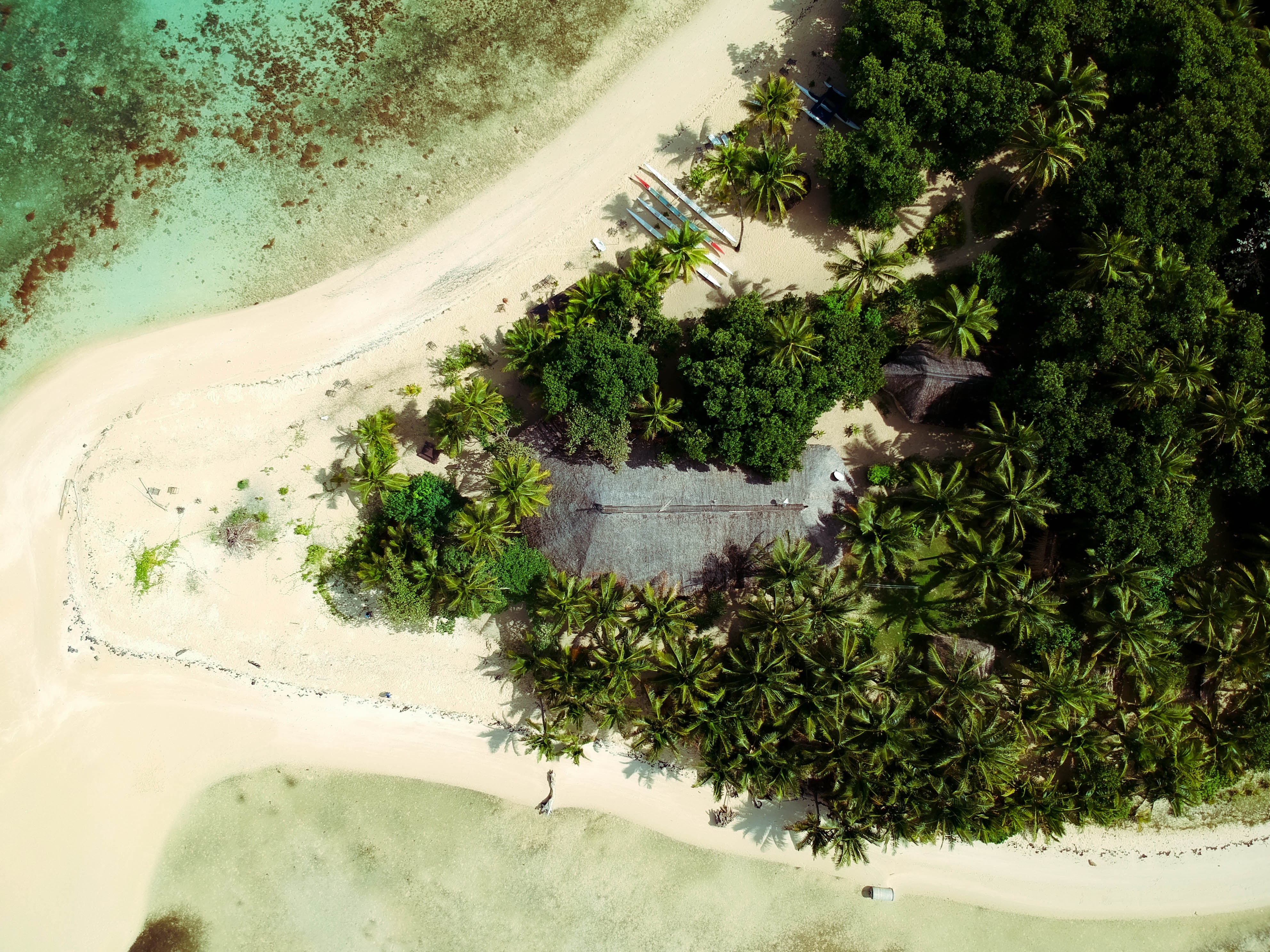
This year, DT Global staff from our US and Australia offices have been invited by the Governments of Fiji and Tuvalu to attend COP28 in the Blue Zone, where we will provide technical assistance and support side events.
One of the prominent item on the COP28 agenda this year is Loss and Damage. Loss and Damage is a general term used in UN climate negotiations to refer to the negative consequences that cannot be stopped and that arise from the unavoidable risks of climate change. These consequences go far beyond what communities can adapt to (i.e., measures to prepare for climate change) or mitigate for (i.e., measures taken to minimize the effects of climate change). Examples include rising sea levels, the destruction of coastal communities and necessary community relocation, the disappearance of certain cultures, and damage to infrastructure and supply chains.
COP27 resulted in what was considered a major win for the developing states when an agreement was reached to establish a Loss and Damage Fund. Leading up to COP28, negotiators discussed how to operationalize this fund; with tensions building between the developed and developing states, a hesitant plan has been agreed upon and will be presented for approval at COP28. The big question hanging in the air is if states will stick to these terms or reopen the negotiation of the fund entirely.
As we all eagerly await the results of COP 28 this year, let’s dig into why countries are debating Loss and Damage so heavily.
Developing nations have historically contributed far fewer of the emissions that impact climate change, with Small Island Developing States (SIDS) contributing only 1% of global emissions but are disproportionately enduring the negative effects of climate change. Developing nations are asking for a Loss and Damage Fund, largely funded by developed nations who are much larger greenhouse gas emitters, from which they can pull resources to help recover from the damage done by climate change to their countries.
Ahead of COP28, Small Island Developing States (SIDS) have unified and publicized their key negotiating positions.
The negotiating bloc for SIDS is the Alliance of Small Island States (AOSIS). The lead coordinators for AOSIS met in the two days prior to COP28 to solidify their negotiating positions to give SIDS the best chance at sustainably handling worsening climate change conditions and impacts. AOSIS has stated that they are in support of the Parties agreeing to the recommendations of the Transitional Committee in order to officially commence finance assistance to vulnerable countries and that the initial capitalization of the Loss and Damage Fund must be at least USD 100 billion per year for the first four years.
The UNFCCC Transitional Committee on Loss and Damage was founded after COP27 to continue moving negotiations forward throughout the year until COP 28. In their 5th meeting, the committee came forward with a list of recommendations to be presented at COP28. Tensions were high during the creation of these recommendations, but all parties have come on board; it is everyone’s hope that these recommendations are considered with full attention and negotiations on these recommendations will not reopen.
Some of the major issues being negotiated include who will host this fund, who will provide the initial source of funding, and who will be able to access it. The collapse of these negotiations on Loss and Damage could have negative impacts for many other items on the agenda, including renewable energy and fossil fuel usage. From the Fifth Meeting of the Transitional Committee on the operationalization of the Loss and Damage Fund Co-chair’s proposal, here are a few of the important recommendations to keep an eye on as COP28 unfolds:
Achieving the funding and operationalization of the Loss and Damage Fund as well as other COP28 objectives such as a robust Global Stocktake and keeping the 1.5C goal are imperative to not only the survival of Small Island Developing States, but for maintaining a healthy future for our entire planet.
DT Global is committed to helping support SIDS in creating sustainable responses and solutions to climate change crises. Check out our DT Global LinkedIn as the DT Global team in Dubai keeps us up to date from the COP28 Blue Zone.